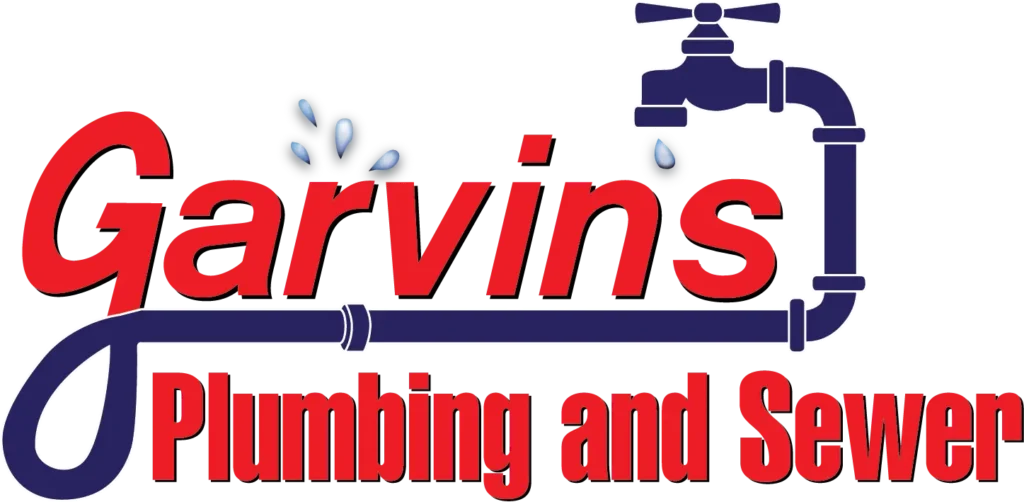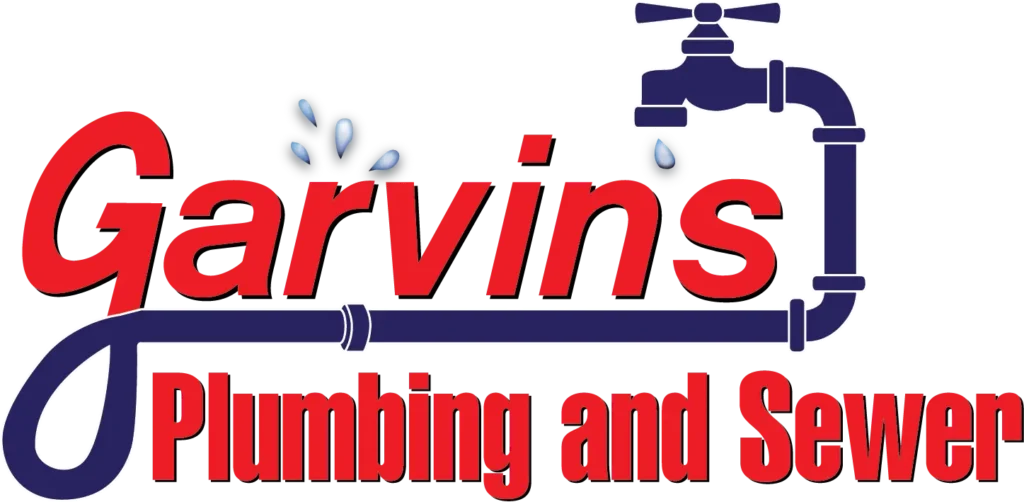
Garvin's Sewer Service
Three Reasons Your Home Needs Water Filtration
What’s in your water? Do you know? Usually we like to inject a little humor into our blog topics. But this time,…

Commercial Drain Cleaner
Water Conservation Tips for Food Service in Englewood, CO
For several decades, Garvin’s Sewer Service has been synonymous with professional plumbing and drain cleaning service near Englewood. So it stands to…




